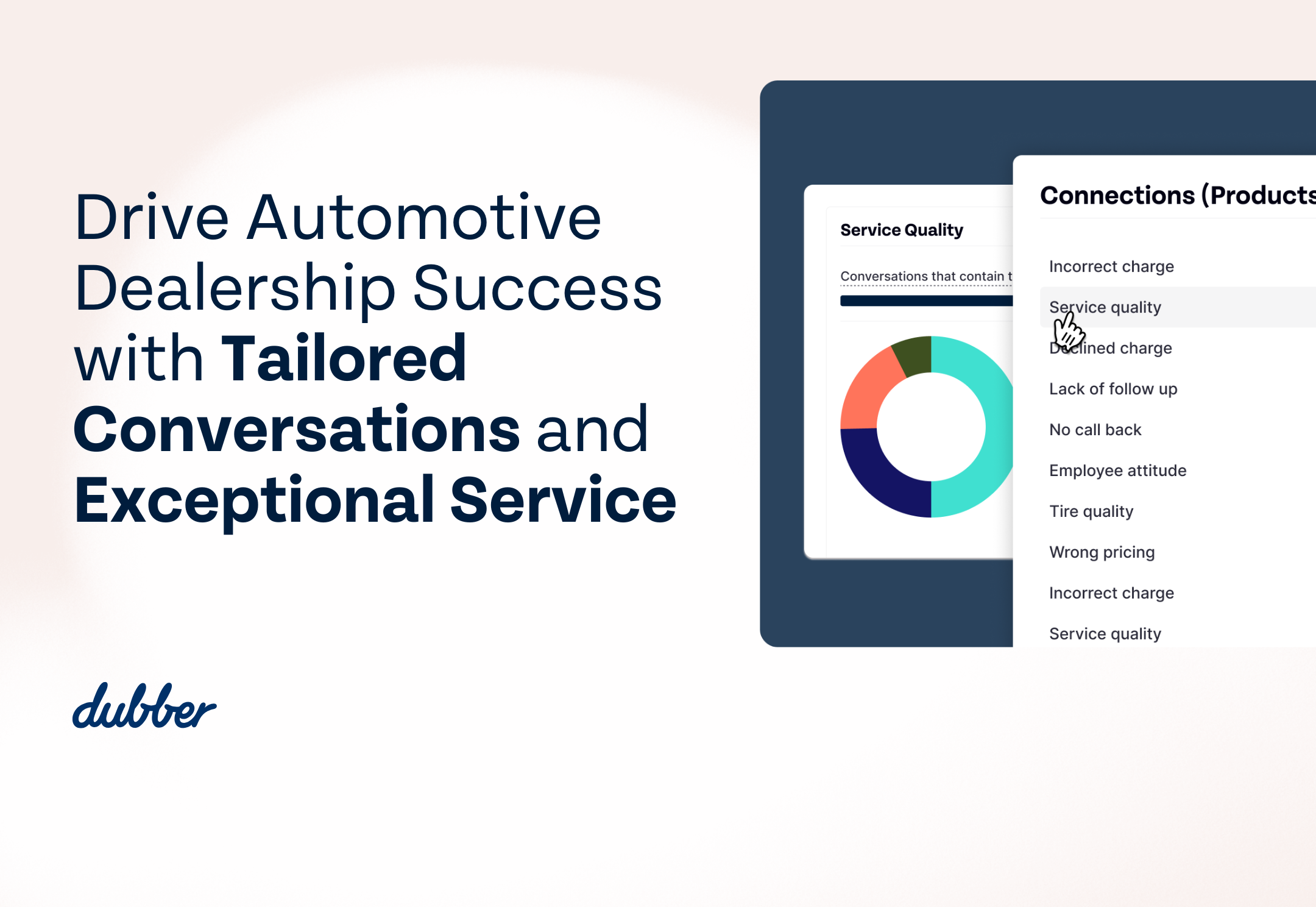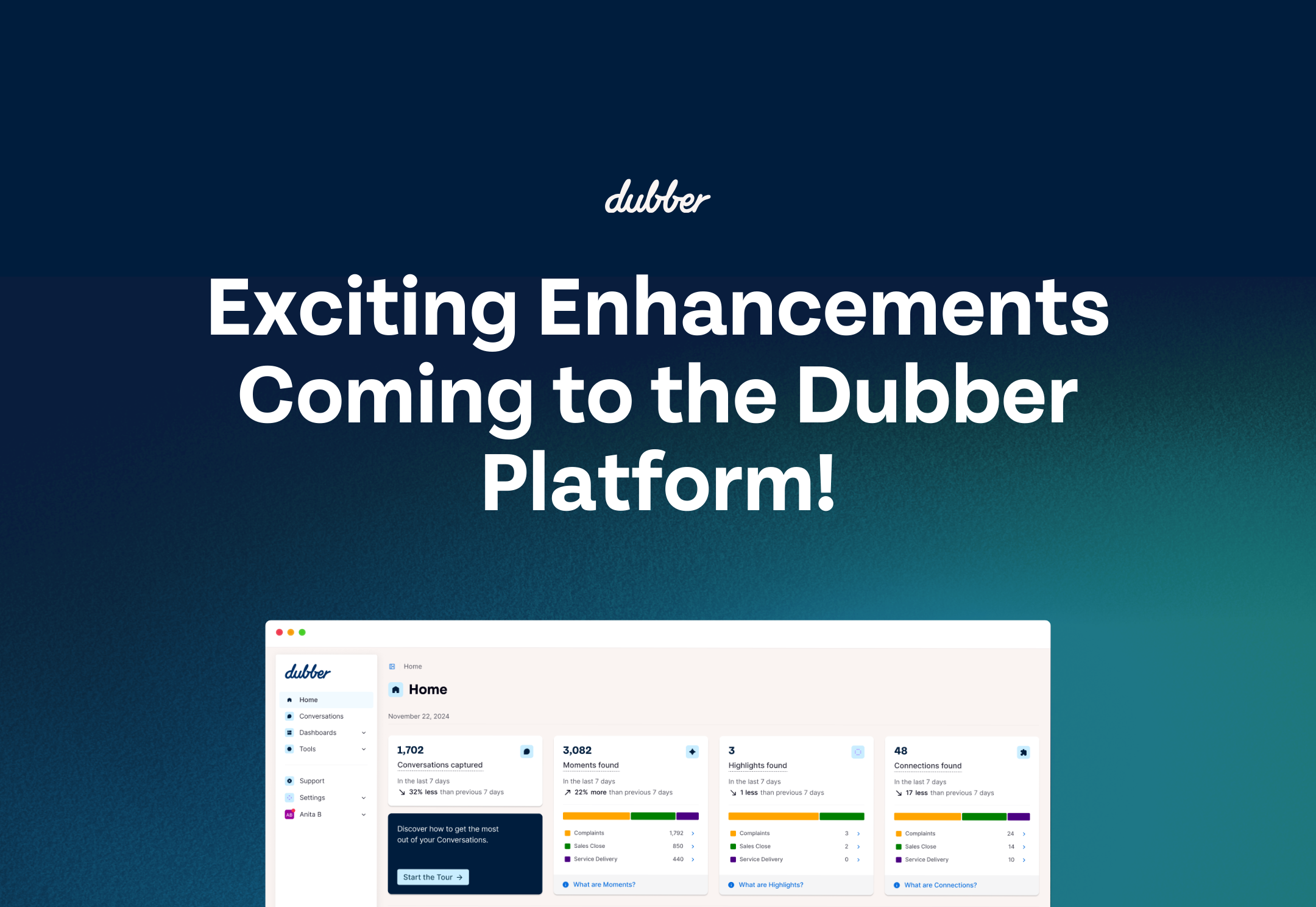

Cloud vs Cloud: How to Spot a Fake
“The cloud is a principal, not a software version”
– GovSense
The internet is full of companies labelling themselves as a “cloud based solution”. Unfortunately, not all of these are true cloud products, but what have been nicknamed ‘fake’ cloud products. There are two forms of cloud based platforms from which companies deploy their technology solutions: hosted cloud platforms and true or native cloud platforms. Many companies who claim to be cloud based are often actually operating from a hosted cloud platform, which is both less efficient and less functional than true cloud based offerings. In fact, hosted cloud solutions sometimes simply add to the plethora of problems that accompany on-premise solutions.
A hosted cloud solution is a technology service offered by providers that host physical servers which actually defer the service elsewhere. Hardware is still required, which means that the solutions are not truly cloud based solutions, and are unable to be scalable – a feature that is one of the key attractions of native cloud solutions. Hosted cloud solutions are not built, maintained or managed by the provider themselves, as they are usually off-the-shelf products. Instead, they shift accountability to others, which causes the usual complications of third party involvement. Amongst other things, this creates a barrier between users and their data.
A true cloud solution is operated entirely from a native cloud platform, eliminating any need for hardware. Once hardware requirements are eliminated, the associated restraints of using hardware are simply eliminated as well. End users can benefit from efficient solutions without the need for any hardware, and the associated headaches. True cloud solutions can therefore provide best in the industry services. The list of benefits of true cloud platforms is extensive, and includes:
- Seamless integration into any application
- Unlimited scalability
- Open APIs – giving users the flexibility to adapt solutions to fit their requirements
- No tedious upgrade processes
- Speed and ease of use
- Greater value for money
- Highly secure
- Highly accessible
- Many others
Undoubtedly, the most significant benefit of true cloud platforms is their capacity for unlimited scalability, which enables end users to scale the processing power and storage capacity of solutions to fit their individual requirements. True cloud solutions have been built securely to perform in a multi-tenant cloud environment.They therefore support multi-tenancy, as well as data redundancy. They are often deployed with open APIs, providing users the flexibility to adapt the solution to fit their individual requirements. This agility perfectly compliments the dynamic and constantly changing demands of the modern world. In all these ways and more, true cloud solutions differ from hosted cloud solutions. Hosted cloud solutions are simply attempting to blur the lines between true and hosted platforms.
“Connecting an internal solution to the web and calling it ‘cloud’ is a bit like waterproofing a truck and calling it a submarine: it might technically fit the description, but it’s clearly not meant for that.”
The long list of applications and benefits that true cloud solutions offer simply cannot be matched by hosted cloud solutions, and so true cloud solutions are better equipped to help companies provide best in the industry solutions for their clients. The leading true cloud platforms are Amazon Web Services (AWS), the Google Cloud Platform and Microsoft Azure. Two notable examples of companies using these platforms to deploy their service include Netflix and Spotify. AWS enables Netflix to rapidly deploy data content on an enormous scale, to servers all over the world. It is AWS that enable Netflix to manage their huge user base and volume of data. Spotify use Google’s Cloud Platform to host their data centre, having opted to focus on data user queries to provide the best possible user experience. The Google Cloud Platform enables Spotify to scale their service to fit their popularity, and to answer user queries within seconds, by hosting their data centre on their scalable and secure platform.
In an increasingly tech-heavy world, a company’s reputation and ability to stand out from substantial competition is vital to its success, and providing best in industry solutions is the best way to secure a good reputation. True cloud platforms enable companies to deploy their solutions in a Software as a Service format, which guarantees unlimited scalability and global availability. Companies using hosted cloud solutions therefore have two problems. Firstly, they risk the displeasure of their customers at what could be perceived as false advertising – their products are not truly cloud based, and have none of the benefits of a true cloud based solution. Secondly, in providing none of the benefits that true cloud solutions do, they are far from being the best in industry.
Although true cloud solutions offer so many benefits, organisations must design their platform to take advantage of the built in seamless integration and elasticity, in order to realise these benefits. For this reason, Dubber built its recording platform with these true cloud features at its core, and is able to fully benefit from the AWS true cloud platform. Dubber therefore provides a call recording solution that functions as a Software as a Service and offers unlimited scalability, high security, an open API, rapid deployment and no upfront costs. As other true cloud solutions have done for their industries, Dubber has revolutionised the telephony industry and opened up a myriad of benefits for users: making call recording highly relevant and useful for everyone.



